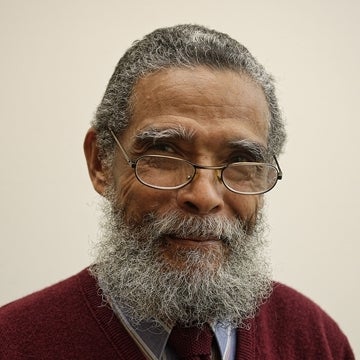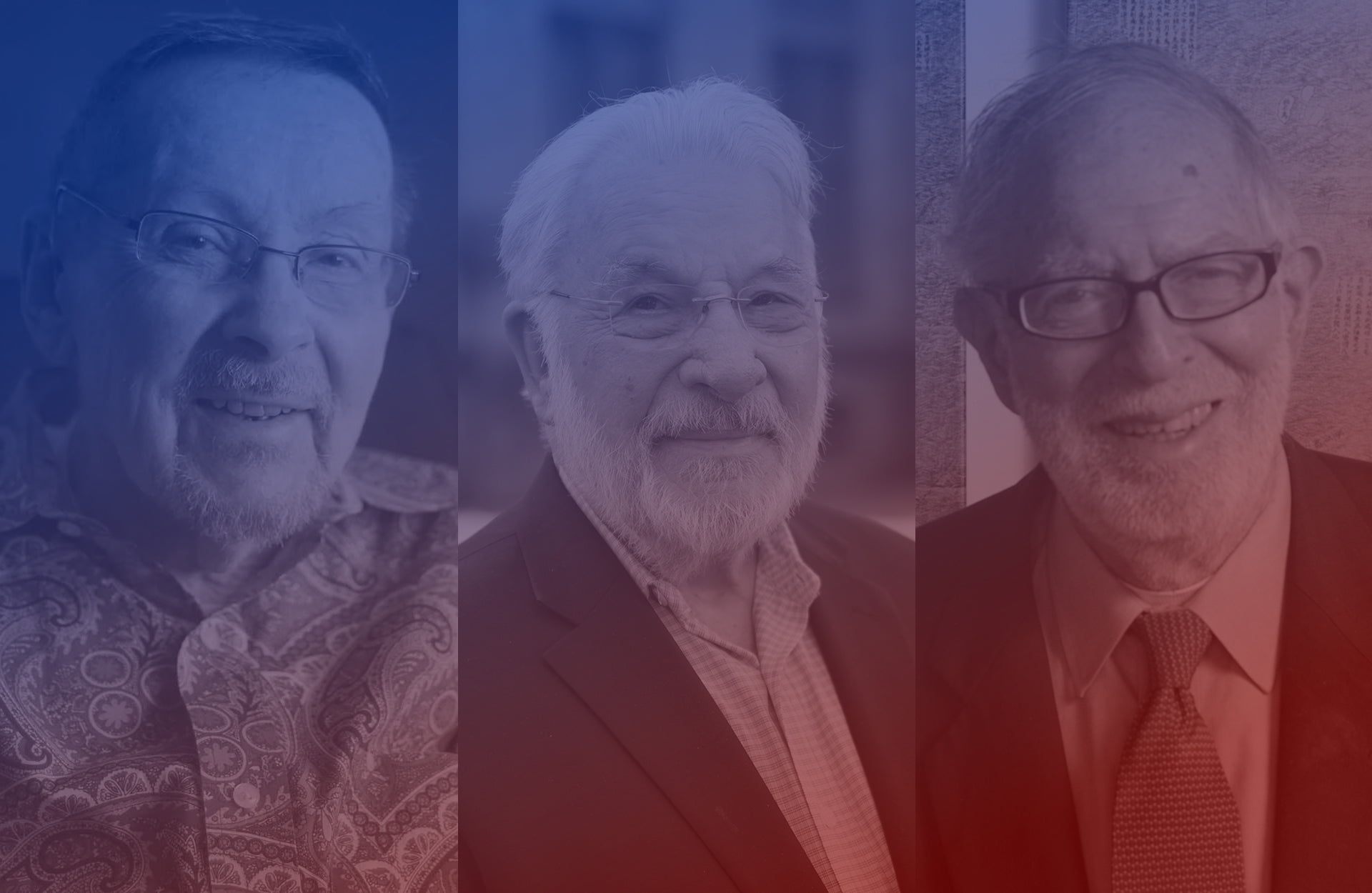
Oscar H. Gandy, Jr., Ph.D.

- Professor Emeritus of Communication
Oscar Gandy’s research within the political economy of communication and information focuses on information subsidies and policy formation, race, privacy and surveillance, discrimination, and media effects more generally.
Oscar Gandy is Professor Emeritus at the Annenberg School, where he taught until his retirement in 2006. Gandy's teaching and research has been in the areas of political economy, communication and race, privacy and surveillance, strategic communication, and media effects more generally. An active scholar before and after his retirement, Gandy has published in excess of 80 articles and chapters. His most important books are Beyond Agenda Setting (Ablex Publishing Company, 1982), Communication and Race (Arnold Publishers, 1998), The Panoptic Sort (Westview Press, 1993), Coming to Terms with Chance (Routledge, 2009), and a co-edited collection, Framing Public Life (Routledge, 2003).
Education
- A.A., Nassau Community College, 1964
- B.A., University of New Mexico, 1967
- M.A., University of Pennsylvania, 1970
- Ph.D., Stanford University, 1976
Selected Publications
“On Personal Data Protection, Privacy, and Surveillance.” Communication & Society, 2018.
“Surveillance and the Formation of Public Policy.” Surveillance & Society, 2016.
“Placemaking: Inequality by Accident or by Design.” ISA World Congress of Sociology, 2014.
“Wedging Equity and Environmental Justice into the Discourse on Sustainability.” triple C, 2013.
“If It Weren't For Bad Luck.” Annenberg Lecture, 2005.
“Public Opinion Surveys and the Formation of Privacy Policy.” Journal of Social Issues, 2003.
Communication and Race: A Structural Perspective. Arnold, 1998.

In Their Own Words: Charles R. Wright, Klaus Krippendorff, and Monroe Price
Oral histories from these three distinguished Communication scholars are now available online in the Annenberg School for Communication Library Archives.




